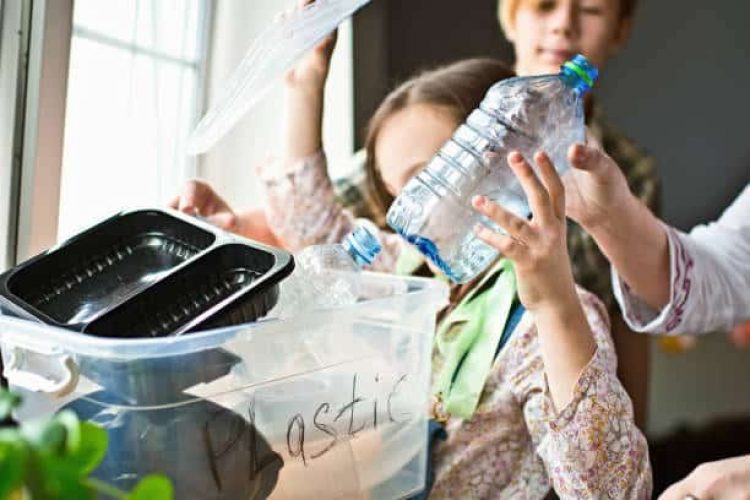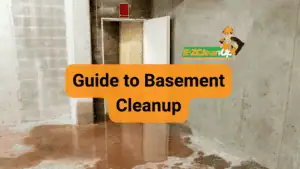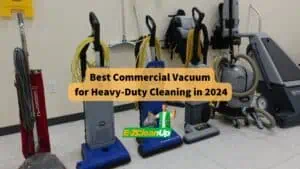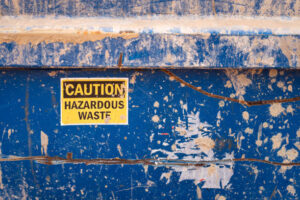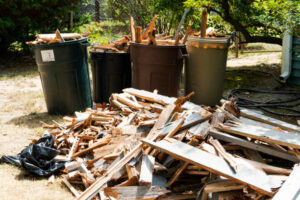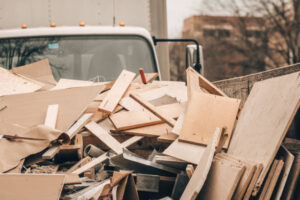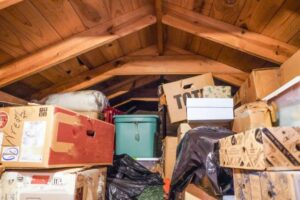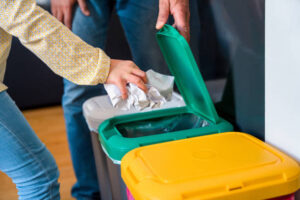In an era where environmental consciousness meets financial responsibility, understanding which recyclable items can earn you bill credits has never more important. As waste management costs continue to rise and recycling programs expand across the United States, savvy consumers and businesses are discovering innovative ways to reduce their environmental impact while lowering their monthly expenses.
The Growing Impact of Recycling Programs
The United States generates approximately 292.4 million tons of municipal solid waste annually, with only 69 million tons recycled and 25 million tons composted, equivalent to a 32.1 percent recycling and composting rate. This massive waste stream represents both a challenge and an opportunity for communities seeking to implement cost-effective recycling solutions.
When expressed as a monetary benefit, the total environmental and economic value of recycling in the U.S. is approximately $35 billion, and if effective recycling policies were enacted nationwide, the benefit could double to $70 billion. These staggering figures highlight the untapped potential in America’s recycling infrastructure.
Beverage Container Deposit Programs: The Proven Money-Makers
How Bottle Bills Work
Container deposit legislation requires a refundable deposit on certain types of recyclable beverage containers, and studies show that states with container deposit laws have a 70% average rate of beverage container recycling compared to the United States’ overall beverage container recycling rate of approximately 33%.
Currently, 10 states throughout the U.S. have a bottle bill: California, Connecticut, Hawaii, Iowa, Maine, Massachusetts, Michigan, New York, Oregon, and Vermont. These programs have demonstrated remarkable success in incentivizing recycling behavior.
Qualifying Containers and Credit Values
Glass, Plastic, and Aluminum Beverage Containers
- Beer and malt beverages
- Carbonated soft drinks
- Mineral water and soda water
- Wine coolers (in some states)
- Non-carbonated water bottles
Deposit Values Vary by State:
- Vermont charges a 5¢ deposit on plastic, metal, and glass beer, wine coolers and other malt beverages, soft drinks and other carbonated beverage containers, with most liquor and spirits bottles charged a deposit of 15¢
- Michigan’s $0.10 deposit resulted in a recycling rate of 97% from 1990 to 2008, which was the highest in the nation
- Maine offers a 15¢ refundable deposit on spirits and wine beverage containers, and a 5¢ refundable deposit on beer, hard cider, wine coolers, soda, or noncarbonated water beverage containers
Success Stories and Results
Bottle bills are known for reaching 90%+ return rates among eligible containers, with Michigan’s average return rate since 1990 being 93%. New York recycled 5.5 billion plastic, glass, and aluminum beverage containers in 2020 totaling 241,505 tons, all at no cost to local governments.
Pay-As-You-Throw (PAYT) Programs: Volume-Based Bill Credits
Understanding PAYT Systems
In communities with pay-as-you-throw programs, residents are charged for the collection of municipal solid waste based on the amount they throw away, creating a direct economic incentive to recycle more and to generate less waste.
By 2000, 6,000 communities in the U.S. (20%) and 200 in Canada had implemented user fees for waste management, with PAYT programs resulting in residential waste declining from 9-38% and increased recycling from 6-40%.
Items That Qualify for PAYT Credits
Recyclable Materials (Usually Free Collection):
- Paper and cardboard
- Plastic containers (#1-#7)
- Glass bottles and jars
- Aluminum and steel cans
- Yard waste and compostable materials
How PAYT Savings Work:
In communities that implement PAYT, overall waste disposal can decline by 14 to 27 percent on average, with recycling rates often increasing dramatically, sometimes reaching double or even triple what they had been before the program was implemented.
Environmental and Economic Benefits
Community PAYT programs can reduce greenhouse gas emissions significantly, and when we reduce, reuse, and recycle products, we decrease the greenhouse gas emissions associated with making, distributing, and disposing of these products.
Tax Credits and Business Recycling Incentives
Federal Tax Benefits
The IRS offers both depreciation credits for recycling and energy credits, with items included on the tax credit list including qualified reuse and recycling property acquired after 2008, and equipment and machinery used in the processing, collection, or distribution of recycling materials may qualify.
State-Level Recycling Tax Incentives
Virginia’s Program:
The tax credit is equal to 20 percent of the original total capitalized cost of the purchase price for machinery and equipment for processing recyclable materials, and the total credit allowed cannot exceed 40 percent of the Virginia income tax liability in any taxable year, with unused amounts carried over for the next 10 years.
Additional State Programs:
Other states with income tax credits for recycling equipment purchases include New Mexico, Idaho, and Arizona, while many states offer property tax exemptions for recycling equipment and machinery, including Nevada, Iowa, North Carolina, and Louisiana.
Electronics Recycling Credits
Growing E-Waste Opportunities
E-Waste refers to discarded electronic devices, including computers, mobile phones, televisions, and other electronic gadgets, which contain hazardous materials like lead, mercury, and cadmium, posing serious risks to the environment and human health if not disposed of correctly.
Tax Deductions for Electronics Donations
When you donate electronics such as cellphones, game consoles and computers to a qualifying nonprofit or company, you can write off the donation for the amount of their fair market value, and if the donation is valued at less than $500, there are no forms to fill out.
Manufacturer Take-Back Programs
Many electronics manufacturers offer take-back programs that provide credits toward new purchases when you recycle old devices. These programs often accept:
- Smartphones and tablets
- Laptops and desktop computers
- Televisions and monitors
- Printers and scanners
- Gaming consoles
Specialized Recycling Programs
Tire Recycling
Fees are collected by 37 states for tire recycling, and in 2017, 81.4% of scrapped tires were marketed for some beneficial use, with 50.8% used as fuel and 29.6% as ground rubber.
Textile and Clothing Recycling
The Salvation Army recycles clothing unfit for their thrift stores, and in 2017, recycled 27 million pounds of material in just 7 months which generated $6.6 million to fund their projects.
Regional Variations and Local Programs
State-by-State Differences
States with landfill bans of recyclables include Wisconsin, California, Minnesota, Michigan, and North Carolina, while some cities, such as Seattle, and states like Connecticut, have created mandatory recycling laws that may fine citizens who throw away a certain percentage of recyclable materials.
Municipal Innovations
Different communities have developed creative approaches to incentivizing recycling:
Weight-Based Systems: Some municipalities charge based on the actual weight of waste, providing more precise incentives for recycling.
Multi-Tier Pricing: These systems assess “first-tier” fees through local taxes or monthly charges to cover fixed costs, then residents pay “second-tier” fees based on the amount of waste they throw away.
Maximizing Your Recycling Bill Credits
Best Practices for Consumers
- Know Your Local Programs: Research which recycling programs operate in your area
- Clean Containers Properly: Contamination can occur from unwashed plastics and greasy cardboard or paper items, and if materials are not clean they are sent to landfills
- Separate Materials Correctly: Follow local guidelines for sorting different types of recyclables
- Take Advantage of Special Programs: Look for electronics recycling events and hazardous waste collection days
For Businesses
Equipment Investment Credits:
Recycling tax incentive programs typically offer benefits for the purchase of equipment and machinery, with the federal government offering businesses a tax credit for the depreciation of recycling machinery, while 25 states offer property, sales and income tax incentives for businesses that purchase recycling equipment.
The Economics of Recycling Programs
Cost-Benefit Analysis
Research shows that in San Jose, California, it costs $28 per ton to landfill waste compared with $147 a ton to recycle, while in Atlantic County, New Jersey, selling recyclable goods brings in $2.45 million, though the cost of collecting and sorting these materials plus interest payments costs the county over $3 million.
Long-Term Savings Potential
Increasing the recycling rate of commodities by 10 percent would save enough energy annually to heat 74,350 million American homes, provide required electricity for 2.5 million Americans, and save about $771 million in avoided costs for barrels of crude oil.
Future Trends in Recycling Credits
Technology Integration
Advanced sorting technologies and artificial intelligence are making recycling programs more efficient and cost-effective, potentially leading to expanded credit programs and higher redemption values.
Extended Producer Responsibility (EPR)
Extended producer responsibility requires companies that make products to be responsible—financially or physically—for their management and disposal at the end of their lives, shifting the financial burden from local governments to manufacturers and motivating companies to design more sustainable products.
Climate Change Benefits
In 2018, the recycling, composting, combustion with energy recovery and landfilling of MSW saved over 193 million metric tons of carbon dioxide equivalent, comparable to the emissions that could be reduced from taking almost 42 million cars off the road in a year.
Conclusion
The landscape of recycling bill credits continues to evolve, offering increasing opportunities for both environmental stewardship and financial savings. From proven bottle bill programs that achieve recycling rates above 90% to innovative PAYT systems that can reduce waste disposal by up to 38%, consumers and businesses have numerous pathways to earn credits through recycling.
Currently, only 32% of recyclable household waste actually ends up in the recycling bin, with most recyclable materials such as paper, aluminum, and plastics still being discarded as trash. This represents a massive opportunity for individuals and communities to capture value from materials that would otherwise cost money to dispose of.
By understanding and participating in available recycling credit programs, we can collectively work toward the goal of doubling America’s recycling economic benefits while building a more sustainable future for generations to come.
References:
- https://www.epa.gov/recycle/recycling-basics-and-benefits
- https://www.ball.com/sustainability/real-circularity/50-states-of-recycling
- https://www.tomra.com/reverse-vending/media-center/feature-articles/bottle-bill-states-and-how-they-work
- https://www.deq.virginia.gov/our-programs/land-waste/recycling/tax-incentive-programs
- https://archive.epa.gov/wastes/conserve/tools/payt/web/html/index.html

